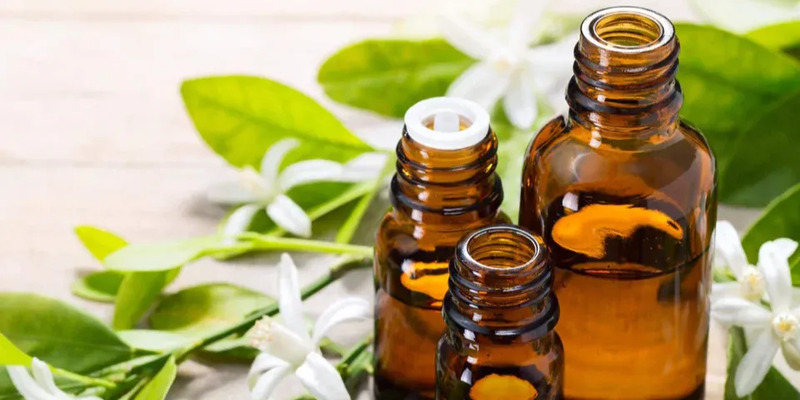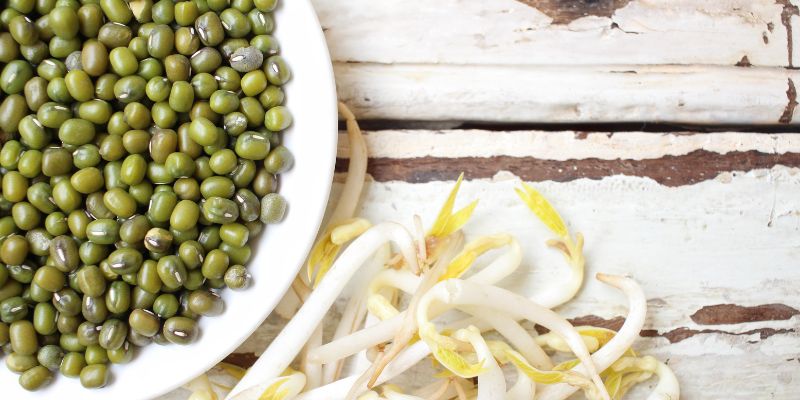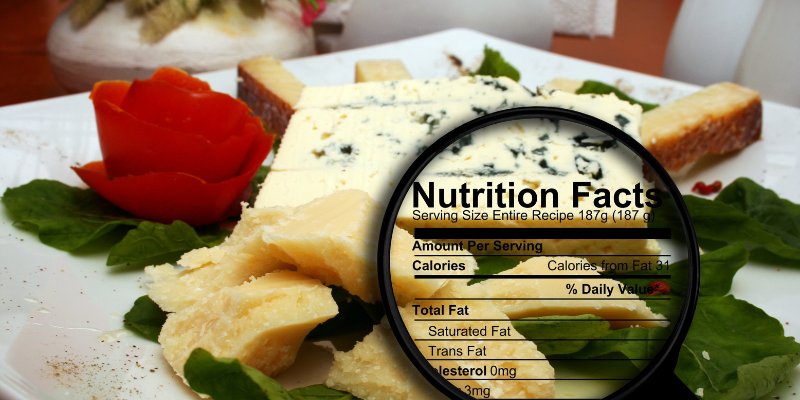Have you ever checked out your favorite hummus recipe and observed tahini among those elements? If yes, it's a good thing because tahini is a butter or sauce made from ground and toasted sesame seeds that are highly nutritious.
Different studies suggest that sesame seeds and, thus, tahini have the same immune-supporting, cardiovascular-protective properties as other superfoods, such as olive oil, flaxseeds, and walnuts.
Tahini is rich in healthy fats and plant-based proteins and can provide many benefits, from improving health to glowing skin. That's why it can replace your favorite nut and seed butter from your diet.
In this article, we will break down all the evidence-based health benefits of tahini, its nutrition facts, and how we can make it.

What is Tahini?
Tahini is a paste or sauce made from hulled and ground sesame seeds. As the name suggests, sesame seeds are the seeds of the sesame plant, a renowned member of the plant family called Pedaliaceae.
Tahini has been popular and is still an essential ingredient in hummus recipes, halva, and baba ganoush in regions like North Africa, Israel, Greece, Turkey, and Iraq.
In ancient times, according to some ancient texts and by historians of about 4000 years ago, tahini was considered a food worthy of gods and was served to royalty.
Like all other seeds and nuts, tahini is also very health-beneficial. Sesame seeds in the tahini sauce help lower cholesterol levels, improve blood sugar levels, provide dietary fiber, improve digestion, and regulate hormone balance.
Tahini Nutrition Facts
Ingredient-wise, tahini is a hulled paste of sesame seeds, which is relatively low in calories but high in fiber and contains various essential vitamins, minerals, and proteins.
Research from trusted sources suggests that consuming one tablespoon of tahini paste provides essential nutrients.
- Calories: 89
- Fat: 8 g
- Fiber: 7 g
- Protein: 3 g
- Carbohydrates: 3 g
- Copper: 27% of the Daily Value
- Phosphorous: 9% of the DV
- Selenium: 9% of the DV
- Zinc: 6% of the DV
- Iron: 4% of the DV
- Calcium: 2% of the DV
These stats show that tahini is mainly a good source of copper, a trace mineral element necessary for absorption, blood clot formation, and maintaining blood pressure.
In addition, this paste is also rich in selenium, a mineral that helps reduce inflammation and promotes immune health, as well as phosphorous, while assisting in maintaining bone health.

Top 5 Health Benefits of Tahini Sauce (Sesame Seeds)
Eating more hummus provides more tahini, one of the main ingredients of hummus, which is jam-packed with vitamins, proteins, and healthy fats. Read our guide on all the science-backed benefits of eating tahini.
Tahini is Good for Your Heart Health:
Tahini is a paste made from sesame seeds known for their heart-healthy benefits. Different studies suggest that these seeds help lower cholesterol, which in high concentrations is a significant risk factor for heart disease. This is because sesame seeds are high in antioxidants, which protect cells from free-radical damage and prevent cardiovascular disease. These antioxidants inhibit cholesterol production 3 in the body and block the absorption of dietary cholesterol.
Rich Source of Healthy Fats:
Tahini is a vibrant source of healthy fats. It contains a variety of unsaturated fats, which are considered "good fats." All these fats support heart health, brain function, and satiety.
The high-fat content in tahini is the main reason it is so good for your heart. Moreover, tahini is primarily embedded with polyunsaturated fat, which can help lower cholesterol in the body.
Excellent Source of Nondairy Calcium and Other Minerals:
Calcium is associated with milk and strong bones. R.D. CDN Jessica Cording states that calcium is essential for building and maintaining strong bones and performing many body functions, including cell signaling in muscle movements and nerve function and facilitating blood vessels to transport blood to the whole body.
Taking about 1,000 mg of calcium daily is considered beneficial for adults. However, dairy-free people can get calcium from plenty of plant-based sources, including sesame seeds. Consuming just two tablespoons of tahini can give you almost 15% of the recommended calcium allowance.
It May Help Reduce Inflammation:
Studies show that inflammation is the leading cause of most chronic disorders. However, it can be reduced by eating a good diet. According to Amy Shah, food is the weapon to control your inflammatory state. Consuming more antioxidants and polyphenol-rich foods can compete with free radicals, reducing inflammation. That's where tahini can do wonders for you.
Tahini is a rich source of antioxidants, especially sesamin and sesamolin, which can help fight inflammation. According to studies, patients with knee osteoarthritis who consumed sesame seeds regularly saw improvement in knee pain. Studies also suggest that antioxidants in sesame seeds also inhibit the production of inflammatory cytokines.
It Helps Improve Skin Health:
Tahini's benefits for the skin include cell rejuvenation and preventing early signs of aging because the presence of amino acids, vitamin E, B vitamins, trace minerals, and fatty acids improve skin health. Eating tahini instead of slathering tahini directly on your skin improves its integrity by increasing fat and nutrient intake.
Sesame oil has been used for centuries to cure skin wounds, sensitivities, burns, and dryness. That's why it is called "queen of oils."
Moreover, tahini is a natural antibacterial and antifungal agent that kills bacteria, causing pores to clog. Trace minerals like zinc are also needed to repair damaged tissues, producing collagen that gives skin youthful elasticity and firmness.
How to Make Tahini Sauce? Tahini Recipe
It is easy to make tahini sauce. Here is all you need to do.
Ingredients:
- Take 2 cups of hulled sesame seeds
- Add 1-2 tablespoons of a mild-tasting oil, such as olive oil or avocado
Directions:
- Toast the sesame seeds over medium heat using a large, dry saucepan. Toast them until they are golden and fragrant. After that, remove the heat and let them cool.
- Take a food processor and grind these seeds. Sprinkle-tasting oil slowly until the paste reaches the uniformity you want.
Most websites claim you can store tahini in a refrigerator for up to a month. The natural oils present in the paste may separate during storage. You can mix them by stirring the tahini before using it.
Final Thought About Tahini Benefits, Nutrition Facts, and How to Make
Tahini is a butter sa, used, or paste from hulled sesame seeds.
Consuming tahini with your diet has many health benefits. It is rich in healthy fats and amino acids, a good source of essential vitamins and minerals, helps maintain blood pressure and cholesterol, can regulate hormone balance, improves skin health, and improves nutrient intake.
You can make tahini sauce at home by toasting sesame seeds at medium heat and then sprinkling tasting oil until it becomes a uniform paste.







